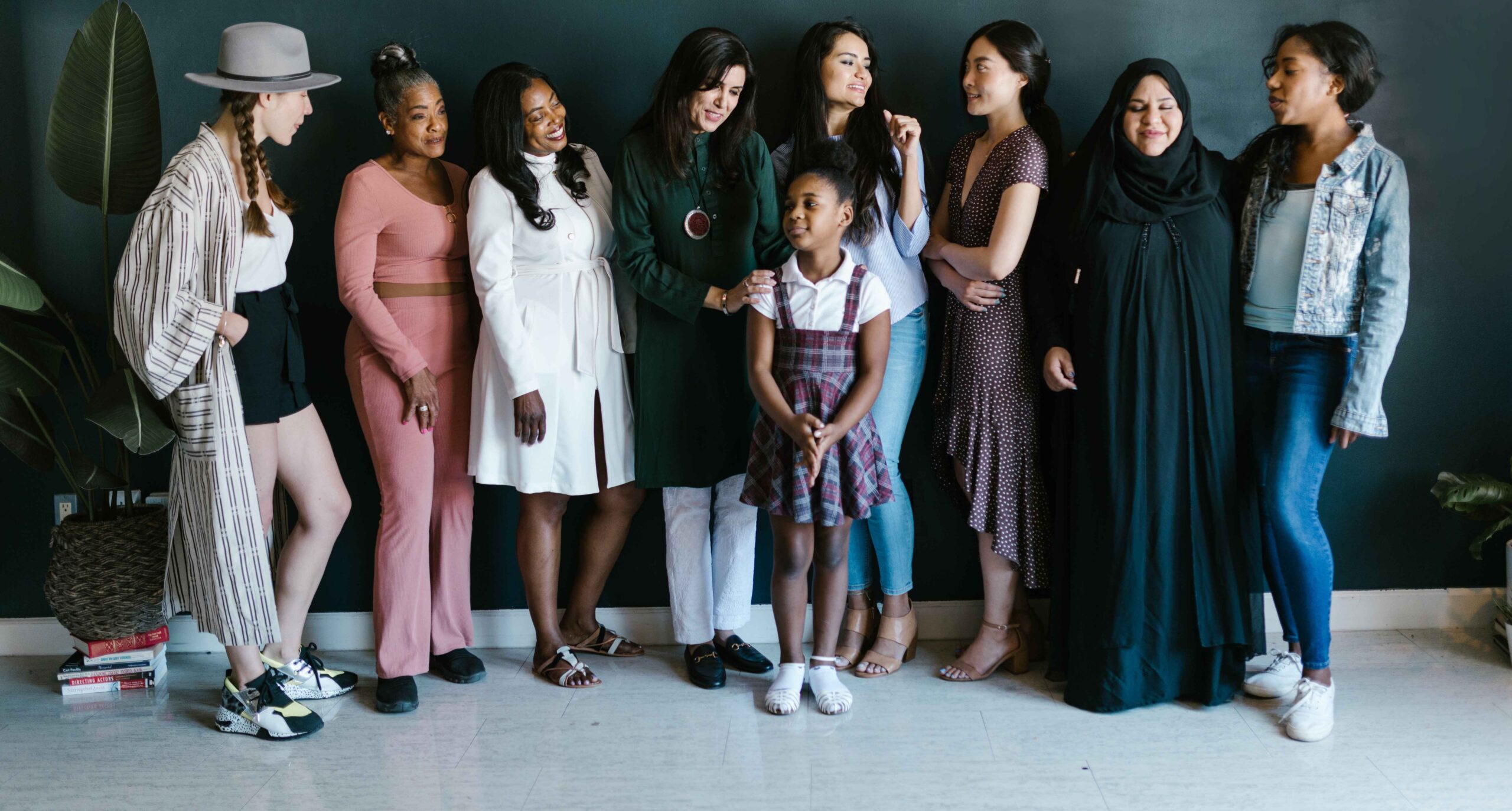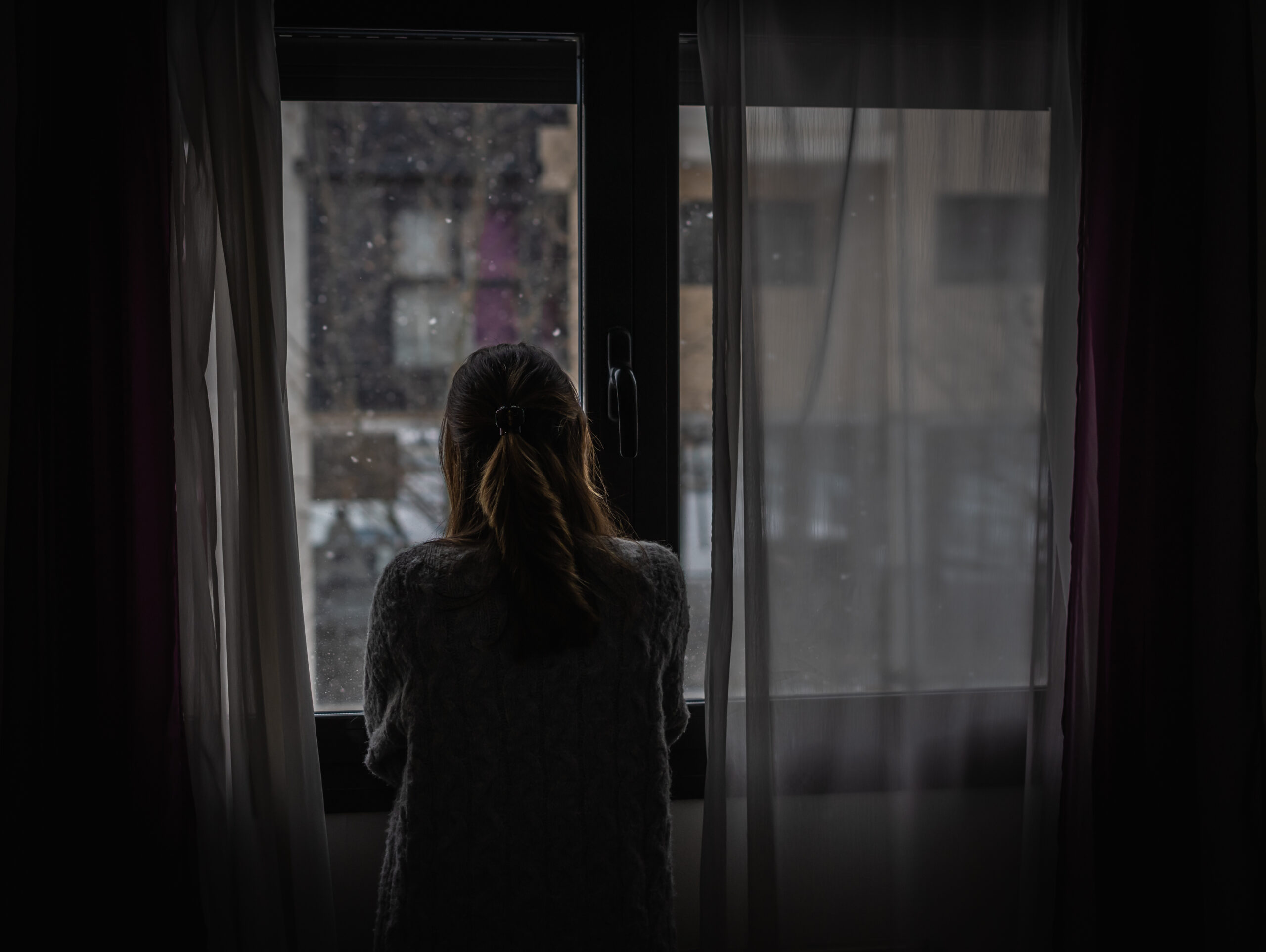#HelpUsRise2022 – Why Do We Need This Campaign?
Unlike other forms of domestic violence, Economic Abuse is often harder to spot. Add to that a lack of data on Economic Abuse in Canada, making it even more difficult to identify and address, leaving victims and survivors without the resources and support they need.
Economic Abuse involves the use of control, exploitation, or the sabotaging of finances and economic resources to threaten the economic security and self-sufficiency of the victim. Although women from communities identifying as Black, Indigenous, and People of Colour (BIPOC) and other marginalized communities are often at a higher risk, women of all backgrounds and income levels can experience Economic Abuse, and desperately need support.
In response to this need, the Canadian Center for Women’s Empowerment (CCFWE) created the November-long Help Us Rise 2022 awareness and advocacy campaign, which coincides with National Woman Abuse Prevention Month and Financial Literacy Month. Now in its third year, the #HelpUsRise2022 Campaign continues to aim at raising awareness on Economic Abuse through its focus on the importance of policy and system change.
CCFWE is dedicated to addressing Economic Abuse through system change, education, mentorship, economic empowerment, and ground-breaking evidence informed by lived experience. During the pandemic, CCFWE found that 80% of Economic Abuse victims stated that their abusers displayed more controlling, manipulative, and coercive behaviors pertaining to their finances and economic stability (CCFWE, 2021).

Photographer is TréVoy Kelly
Furthermore, a recent study conducted by CCFWE determined that, as Economic Abuse has increased over the course of the pandemic, it has also become progressively more difficult for victims to seek safety and access support so they can escape abusive relationships. The 2022 study showed that:
- 58% of intimate partner clients raised concerns about access to housing during the COVID-19 pandemic;
- During the COVID-19 pandemic, 48% of service providers saw a 50% increase in reported incidents of Economic Abuse;
- 74% of social service providers from the national study reported that they do not believe there are adequate resources for survivors of Economic Abuse; and
- 76% of social service providers from the national study reported that they do not feel confident that financial institutions have policies and processes for Economic Abuse victims and survivors.
Therefore now, more than ever, we need to confront the challenges faced by victims and survivors of Economic Abuse by advocating for real system change. Dr. Natalie Snow summarizes the results of this team’s research in reference to the importance of the CCFWE campaign.
#HelpUsRise2022 Campaign provides awareness on the impacts and forms of Economic Abuse. The campaign reinforces our findings from the 2022 Understanding the nature of Economic Abuse: A national study on service provider insights. The study reported only 63% of social services providers and 46% of the financial sector received training on Economic Abuse, although 35% of service providers noted most of their clients experience Economic Abuse. Additionally, 62% of the respondents from the financial sector stated they would not be able to identify Economic Abuse if a client approached them. What this tells us is there is a disconnect between education and awareness of addressing Economic Abuse. The #HelpUsRise2022 Campaign is one mechanism to raise the awareness to drastically shift these numbers.
Ending Economic Abuse is rooted in ending domestic violence and removing the barriers to financial resilience. The #HelpUsRise2022 Campaign seeks to end Economic Abuse by using system change, or focusing on attitudes, stigma, stereotypes, power dynamics, relationships, and practical, structural change to provide safe and accessible economic resources.
CCFWE’s primary call to action for #HelpUsRise2022 is to call on City Mayors to support funding to fill gaps in Economic Abuse research in order to represent BIPOC and marginalized women, the housing crisis, and post-pandemic lived-realities.
The #HelpUsRise2022 Campaign is not just for victims and survivors of Economic Abuse, or for politicians, but it’s a chance for everyone to get involved. From financial institutions, law enforcement, policy makers, service providers, researchers, and supporters, we all need to come together to end Economic Abuse.
We hope you will join us in #HelpUsRise2022 with these 4 ways to get involved.
- Pledge to Fight Economic Abuse
- Sign our pledge to fight Economic Abuse and learn how to become an advocate for Economic Justice within your social circles and local communities.
- November 26 is Economic Abuse Awareness Day (EAAD)
- Please help us recognize this day within your networks & communicate with all your stakeholders through regular channels and social media channels.
- Use your Social Media Toolkit and #EAAD to share your messages on this day.
- Participate in our Economic Abuse twitter Spaces & Webinar
- The November 3rd twitter space has passed, but you can join another one on November 24th, and join our webinar on November 25th.
- Join the needed discussions on how we can all work together to protect women, gender-diverse communities, and BIPOC groups from Economic Abuse in the face of the housing crisis, inflation, and pandemic.
- Invite your networks and share these social media spaces with #HelpUsRise2022 – continue below to connect on social media.
- Share #HelpUsRise2022 call to action on social media in November
- Discuss Economic Abuse on your organization’s social media channels in November – use our social media guidelines below or create your own.
- Download and share our digital content and Social Media Toolkit to help you plan your content – see our plan below to get you started.
Social Media Toolkit Sample Graphics:
There is no ending Economic Abuse without deep changes to the system!
#HelpUsRise2022 is funded by Women and Gender Equality Canada.
References
Snow, N., Chandrarajan Shahzad, N., Raza, Z., Rukh Hussain, A., Savard, C., Guan, K., & Myers, M. (2022, in preparation). Understanding the nature of economic abuse: A national study on service provider insights in Canada. The Canadian Center for Women’s Empowerment (CCFWE).
The Canadian Center for Women’s Empowerment (CCFWE). (2021). A study on access to economic resources for economic abuse survivors and victims during COVID-19 in Canada’s National Capital Region, Ottawa, Gatineau, and Hull.
Written by Ranee Parker for CCFWE
Ranee Parker is a nonfiction writer whose writing focuses mostly on feminist issues and LGBTQIA+ rights. She believes everyone deserves equality and attempts to use her voice to empower those who might not feel able to use their own. As a Social Justice Writer for the Canadian Centre for Women’s Empowerment, she hopes to use her passion for equality to bring awareness to the issues facing Canadian women.
Ranee has a Bachelor of Arts degree in Communications from the University of North Dakota and has studied creative writing through various organizations, universities, and colleges over the past two decades. Through her work with the Canadian Consortium on Performance and Politics in the Americas (CCPPA), together with the Hemispheric Institute of Performance and Politics at New York University, she participated in conferences in Santiago (Chile) and Mexico City. Both conferences highlighted local Indigenous history through panel discussions and performance art, helping to broaden Ranee’s views and knowledge on human rights.
Ranee prefers deep conversations over small talk and is eager to continue learning and educating herself on issues facing women and LGBTQIA+ folks, with the goal of opening conversations that will ultimately eradicate discrimination and inequality for all.






